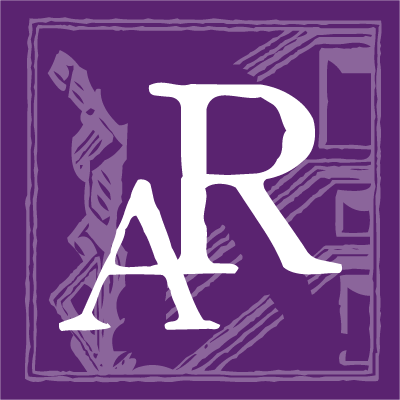Co-production
Gabriela Bardecio2020-07-13T14:26:45+00:00Co-production Refers to the cooperation between actors (academic and non-academic) in the creation of knowledge. It is an iterative and collaborative process that includes various knowledge systems with the purpose of solving a problem, defining a strategy or any other type of decision-making process, generally related to a particular socio-economic [...]










